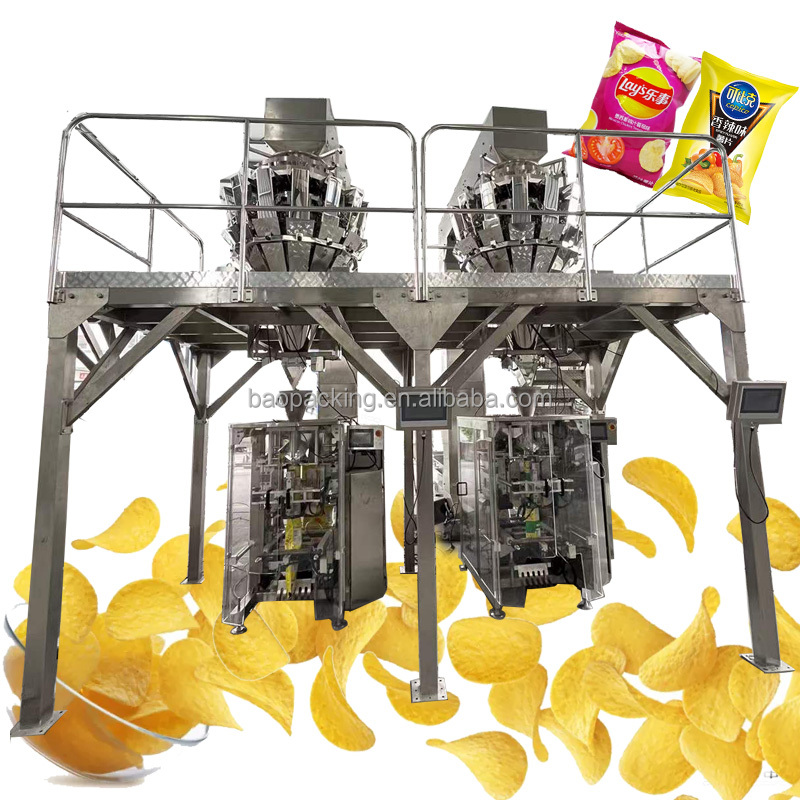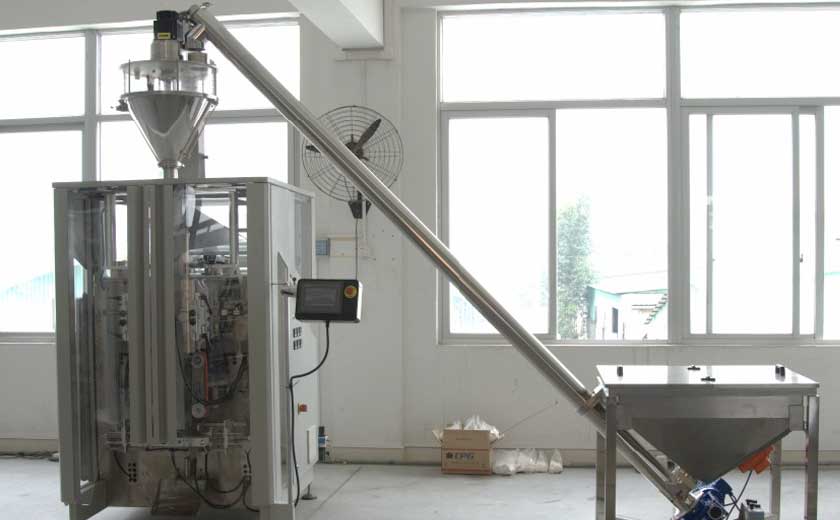The Art of Precision: A Guide to Weighing, Filling, and Packing Machines

The Art of Precision: A Guide to Weighing, Filling, and Packing Machines
When it comes to manufacturing and packaging processes, precision is key. Weighing, filling, and packing machines play a crucial role in ensuring that products are accurately measured and packed, meeting industry standards and consumer expectations.
These machines come in various types and designs, each serving a specific purpose in the production line. From simple manual fillers to sophisticated automated systems, the range of options available can be overwhelming. In this guide, we will explore the different types of weighing, filling, and packing machines, their functionalities, and how they impact the overall efficiency of the packaging process.
The Importance of Accuracy
Accuracy in weighing and filling is non-negotiable. Whether you are packaging food, pharmaceuticals, or chemicals, even the slightest deviation from the intended weight can lead to compliance issues, product recalls, and dissatisfied customers. With the right weighing, filling, and packing machine, you can ensure that every product leaving your facility meets the required specifications.
Types of Weighing Machines
Weighing machines come in various forms, each with its own advantages and applications:
- 1. Load Cell Scales: These scales measure weight using electronic load cells, offering high precision and accuracy.
- 2. Multihead Weighers: Ideal for fast-paced production lines, multihead weighers can accurately weigh and distribute products into packaging containers.
- 3. Bench Scales: Compact and versatile, bench scales are suitable for smaller production environments or retail settings.
Filling Machines: From Liquids to Powders
Filling machines are designed to dispense products into containers efficiently. Whether you are filling bottles with liquid products or packaging powders, there are specific filling machines tailored to meet your needs:
- 1. Piston Fillers: Perfect for thick liquids and creams, piston fillers ensure precise filling volumes.
- 2. Auger Fillers: Ideal for powders and granular products, auger fillers provide accurate and consistent fills.
- 3. Gravity Fillers: Commonly used for filling beverages, gravity fillers rely on the force of gravity to dispense liquids into containers.
Packing Machines: Streamlining the Process
Once products are weighed and filled, packing machines complete the final step of the packaging process. From sealing bags to labeling containers, packing machines aid in streamlining production and ensuring products are ready for distribution.
Automated packing machines can significantly boost efficiency, reducing manual labor and minimizing errors in the packaging process. By investing in the right packing machine, manufacturers can improve throughput, reduce packaging waste, and enhance overall product quality.
Conclusion
When it comes to weighing, filling, and packing machines, precision is paramount. By selecting the right machines for your production needs, you can optimize efficiency, maintain product quality, and meet industry standards. Whether you are in the food, pharmaceutical, or chemical industry, the art of precision in packaging can set you apart from the competition.

-

Overview of Packaging Machine Buying Guides
08-01-2024 -

How Does a Vertical Form Fill Seal Machine Work?
30-10-2023 -

Advancements in Auger Powder Filling Technology
27-10-2023 -

A Deep Dive into Automatic Packaging Machines
26-10-2023 -

The Revolutionary Fully Automatic Potato Chips Packaging Machine
20-09-2023 -

How to choose the right packaging machine?
23-08-2023 -

Reducing Waste And Maximizing Yield With Multihead Weigher Machines
15-03-2023 -

Nuts Packaging Machine for Dry Products Perservation
26-11-2022 -

Is Automated Biscuit Packaging Machine Better Than Manual Opeartion?
25-11-2022





